|
usable adjective - that can be used; in good enough condition to be used Suica to become usable on ANA domestic flights. = We can use Suica on domestic flights The bike is rusty but usable. = The bike’s condition not great, but good enough to use domestic adjective - of or inside a particular country; not foreign or international domestic affairs/politics domestic flights (= to and from places within a country) interoperable adjective - (of computer systems or programs) able to exchange information *(this word is very technical, it is not common in spoken English) Pasmo and Suica are interoperable. = They can share information (They can be used for the train and subway) Suica to become usable on ANA domestic flights THE JAPAN NEWS -- SEP 25 2014 All Nippon Airways said Monday that passengers using its domestic routes will be able to pay for their in-flight purchases with East Japan Railway Co.'s Suica electronic money from Oct. 1. It will be the first time for electronic money of a transport service company to become usable for payments on domestic flights in Japan. Eight other kinds of transport service-related electronic money, including Pasmo, will also become usable on ANA domestic flights because they are interoperable with Suica, according to the airline. Click the DOWNLOAD button for the FREE PDF from this post How about you? How often do you travel? Do you travel for business or pleasure or both? How often do you travel domestically? Do you think being able to use Suica to buy items on the plane is a good idea? Why or why not? Would you use this service? Why or why not? What new service or feature would you like to see on commercial flights?
0 Comments
I just learned the Japanese expression 思ったほど......ないです。Let me explain the meaning and how we use this expression in English. If we have an expectation or an idea of how something will be, we can say "I think..." Please read these examples: "I think the test will be difficult." OR "I think Tom Cruise is tall." If our idea is not correct or not what we expected we can use the past tense of think - thought - and use the expression... "It's not as ......... as I thought." 思ったほど......ないです。  Let's use our original examples again with the new pattern. "The test was not as difficult as I thought." テストが思ったほど難しくないです。 "Tom Cruise is not as tall as I thought." トムクルーズが思ったほど高くないです。 For me, I thought all Japanese food was delicious. BUT natto is not as tasty as I thought! 引く can be used a few ways in English. (Remember 生? Blog Feb. 10th) Here is 引く kanji used 3 ways. Can you translate them all? 1. Sign on a door 2. 風邪を引きました 3. 5 - 3 = 2 (5引く3は2) Answers 1. This photo says 'pull.' You need to PULL the door to open it. What is the opposite of pull? That’s right! PUSH! 2. This says "I caught a cold." With illnesses like a cold or the flu we use the verb catch. (Remember caught is the past tense of cold) 3. This 引く translates to minus. 5 - 3 = 2 (5 minus 3 equals 2) So (depending on how it's used) 引く can mean PULL, CATCH or MINUS! 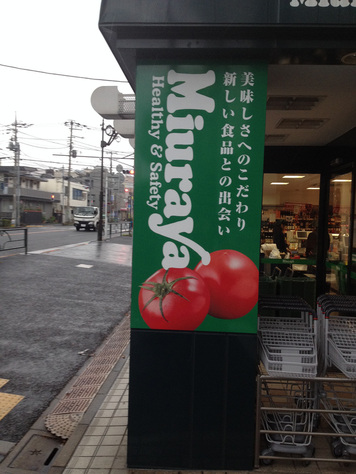 Japanese has 2 main adjective types - い形容詞 and な形容詞。 I think that this makes it easy to confuse English words that end with a y (which makes an ii sound) and use them as adjectives. Here is a common example: Can you see the mistake? Healthy is an adjective, so it is used correctly on this sign. But... Safety is a noun! The adjective is safe. The sign should say Healthy and Safe. Some English adjectives do end with an ii sound: funny, happy, friendly But some do not! cool, smart, weak Have fun when you use English but... Be safe!!! Can you say these words in English? (Hint: all 3 生 are different!)
In English we use different words to translate these things. 1. Fresh fruit Fresh fruit is fruit that is not canned (缶づめ) or frozen (凍った). 2. Raw egg Raw means food that has not been cooked. We use RAW to talk about meat, fish, chicken, eggs and vegetables too. 3. Draft beer This is beer that comes from a tap, not a can or a bottle. 乾杯!
Today is the first day of the English 808 study blog, made for my Japanese students! Let’s start with an idiom :) 寿司詰め - With this idiom the feeling is 人が多い or すごく込んでいる! Sometimes the train is 寿司詰め in the morning during ラッシュアワー. In English we have an idiom that means the same thing. Do you know イワシ in English? イワシ are sardines. In the West sardines come packed very tight in a small can. If many people are in a one place we can say that they are packed like sardines! "In the past the station had staff to push more people on to the busy trains. People were really packed like sardines back then!
|
English 808Dave has been teaching English to Japanese students since 2006! Archives
August 2015
Categories |







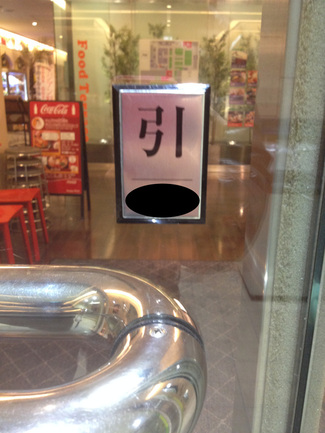

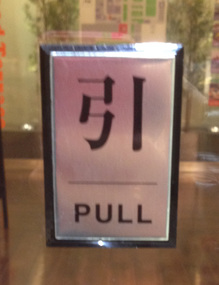
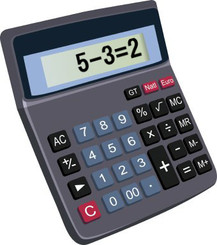


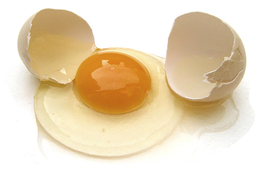
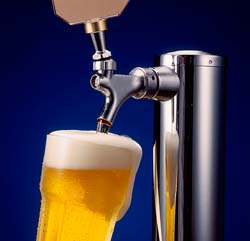
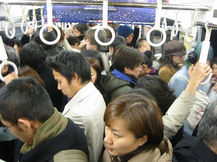
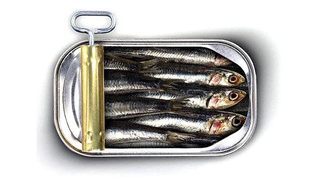

 RSS Feed
RSS Feed
